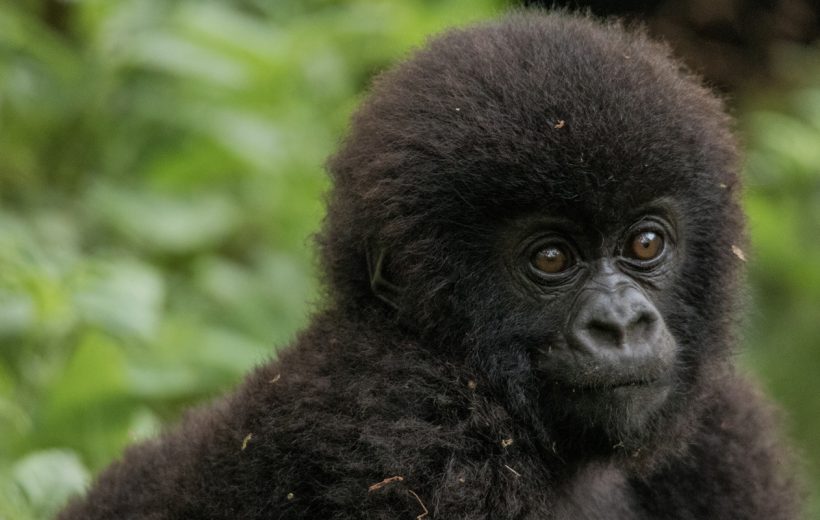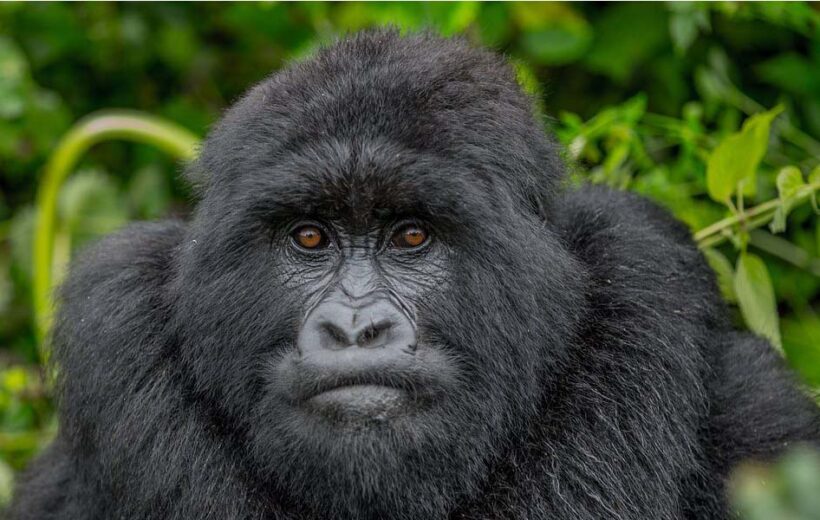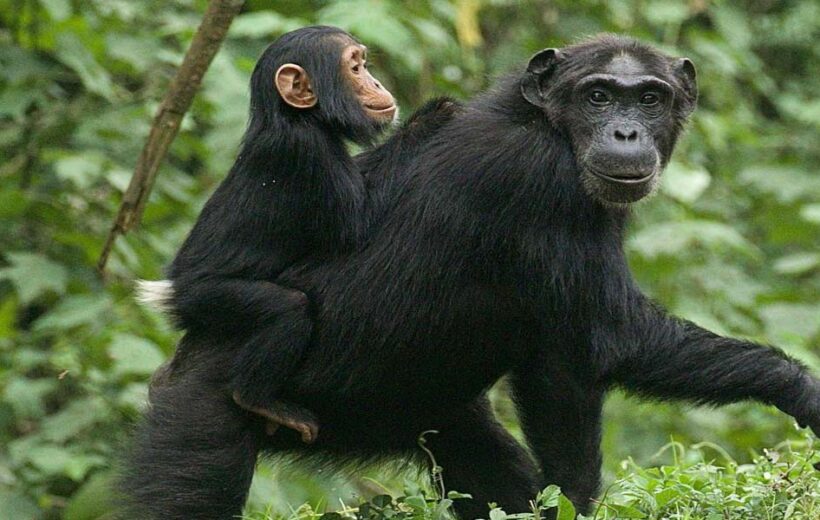Visit Rwanda the land of a thousand hills. The small landlocked country lies in the Great Lakes region and has over the years become a leading tourist destination
Rwanda’s highest elevation stands at 4507 meters above sea level at the peak of Mount Karisimbi. This is part of the Virunga massif, a chain of Volcanic mountains along the Uganda, Rwanda, and DRC border. The lowest point in Rwanda is at 950 meters above sea level along the Rusizi River.
The country is among the most densely populated countries on the African continent and currently has a total population of 13.28 million people.
Rwanda in the past experienced civil wars and internal conflicts that culminated into the 1994 Rwandan genocide. The Rwandan genocide is among the most deadly acts against humanity in modern times and over 800,000 Rwandan Tutsi’s perished. Moderate Hutus and other Rwandan Hutus were also killed in the fighting as well and a lot of property was destroyed. As of July 1994, Rwanda had lost a lot not just people but property, and had to start from scratch to build the economy restore hope in humanity, and also reconcile the people who were so angry after losing their loved ones.
The great news today after a few decades Rwanda has greatly recovered economically and the people are united. The great success Rwanda reached despite its painful past is the reason why the country is a model in East Africa and the continent in general. Today Rwanda is a central business country hosting international events and conferences with the CHOGM being the most recent.
Culture
The Rwandan people have a rich culture and heritage and are very hospitable. Rwandan culture dates back to the earlier centuries and most of it has been preserved up to today. The intore dance is a most common that is often performed for guests and at weddings. Rwandan cultural wear is also very unique and its design is inspired by Rwandan art.
Rwandan people are very calm and easy to talk to. Interaction with any of the Banyarwanda can enable you to get to know more about their values as a people and rich culture.
Kinyarwanda language is widely spoken across the country and is the easiest language to communicate to the locals. English and French are also spoken as well as a bit of Kiswahili.
Wildlife
Rwanda has diverse wildlife and is among the few countries where you can see mountain gorillas. The wildlife in Rwanda can be enjoyed in the four national parks that the country has. These include Akagera National Park in Eastern Rwanda, Volcanoes National Park, Gishwati Mukura National Park in western Rwanda, and Nyungwe Forest National Park in southwestern Rwanda.
Akagera National Park is the only savanna national park in Rwanda. It is home to the big five mammals including lions, elephants, buffaloes, leopards, and Rhinos. It is also home to many other savanna wildlife including zebras, topi, giraffes, and many bird species. Many of these are seen while on game drives in the park. There is also a lake within Akagera where boat cruises are done. Here you get to see a number of wildlife as well including crocodiles, birds, and hippos among others.
Volcanoes National Park is home to mountain gorillas. The park is part of the Virunga massif and has five of the Virunga Volcanic mountains. These include Mount Karisimbi, Mount Bisoke on the Rwanda DRC border, Mount Muhabura, Mount Gahinga on the Rwanda-Uganda border, and Mount Sabyinyo on the Rwanda, Uganda and DRC border. In these mountains, it is where you find the mountain gorillas and other wildlife. The mountains alone are attractions and can be hiked. Gorilla trekking in Volcanoes National Park is remarkable and highly recommended for those on a Visit Rwanda Safari.
Nyungwe National Park is another iconic protected area in Rwanda. The park is home to chimpanzees and protects plant species that are endemic to Central African areas. Nyungwe is a forested national park and it is among the last remaining forests that survived the last ice age.
Giswhati Mukura National Park is also a primate national park where one can see chimpanzees, golden monkeys, and many bird species.
Best time to Visit
Rwanda can be visited any time of the year but the best time to visit the country is in the dry season. The dry season in Rwanda starts from June to mid-September and from mid-December, January, and February. This time doubles as the peak tourist season and since Rwanda is a highly demanded tourist destination, it is important to book your tour and permits in advance.
The rainy season is also a great time to Visit Rwanda as you can still participate in the different tourist activities. For birders, the rainy season months of November, April, and May are times when migratory birds set in.
Getting there
Rwanda is a landlocked country, it can be mainly accessed by International travelers by Rwanda. Kigali International Airport is Rwanda’s only and busiest point of entry. Rwanda has neighbors like Uganda to the north, DRC to the west, Burundi to the south, and Tanzania to the east. You can therefore enter Rwanda by land as well through the major land borders of each of the neighbouring countries.
The country has a well-developed and linked road transportation system and moving to Rwanda is very easy. They keep right while driving and have a speed limit that drivers must keep lest they get fined.
Air transport within Rwanda is also possible as there are helipads and airstrips near national parks where planes can land.
Currency
The Rwandan franc is the widely used currency for transactions. Rwanda is a cashless economy and it is important to use mobile money or credit cards when making payments at major hotels.
US dollars are also widely accepted, especially in Hotels. There are forex bureaus where you can exchange to the local currency for easy transactions
Our Featured
Rwanda
Gorilla & Wildlife Safaris
Destination Map

Visit Rwanda
The wildlife viewing in Rwanda is generally excellent throughout the year. A visit Rwanda expedition with primates and savanna wildlife experiences is very rewarding.
For the Best Wildlife and photography moments we recommend a visit during the dry season from June to September and from December to March.
The months of October, November, April, and May are wet but can still provide excellent wildlife encounters provided you can cope with the occasional heavy downpour.
If you have any questions regarding travel to Rwanda, please feel free to Contact Us on +(256) 785-179-586










